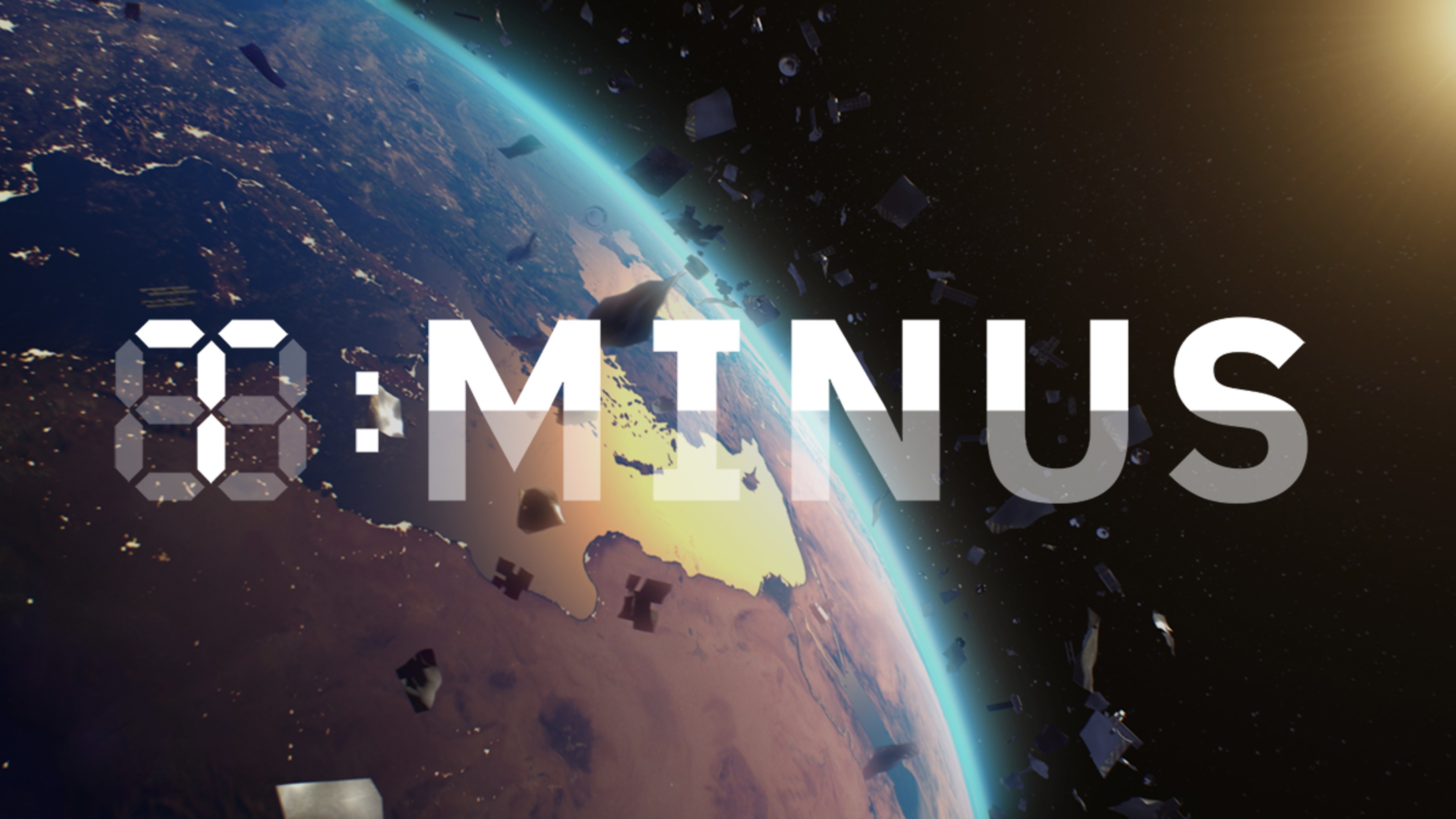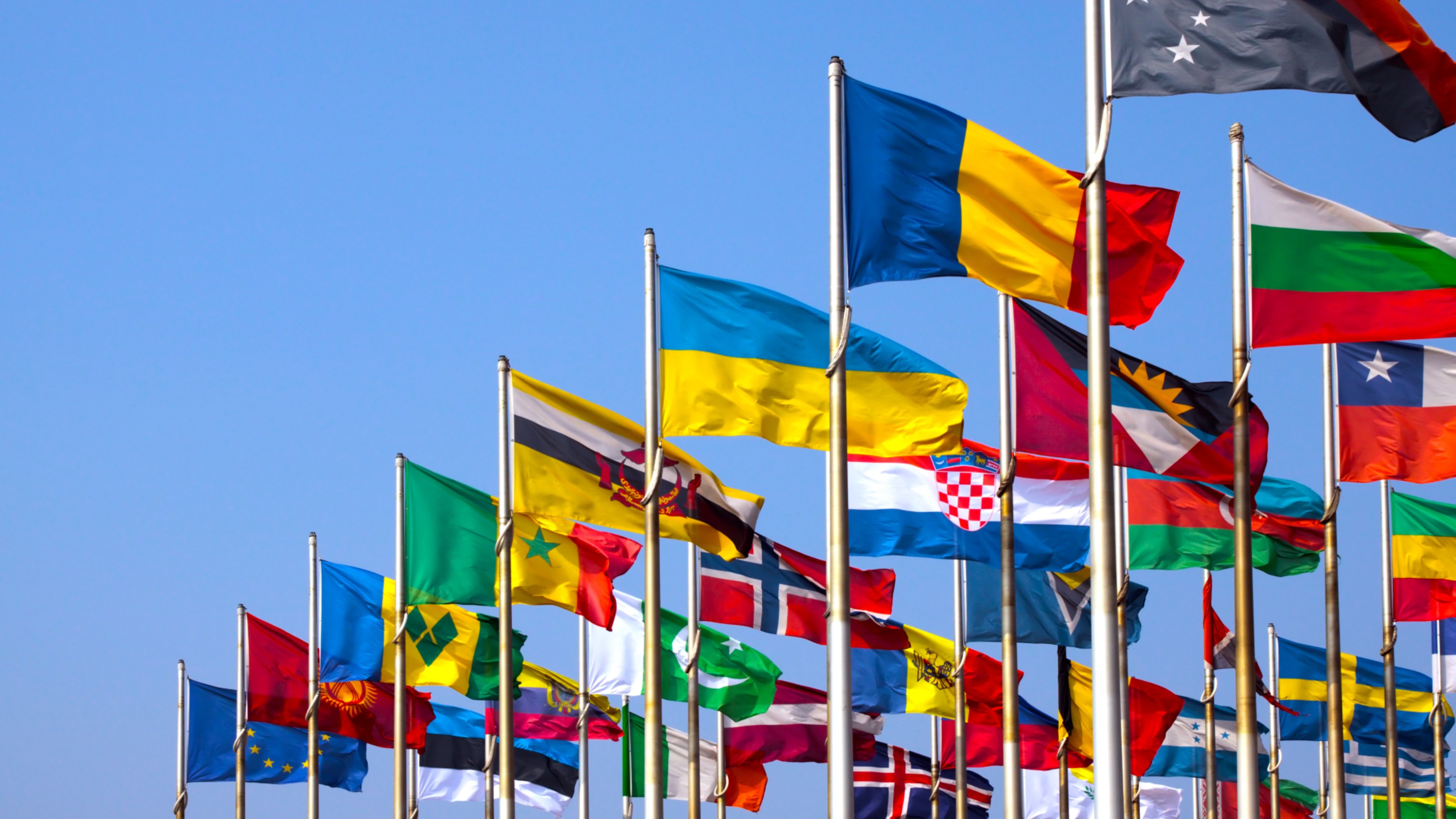Bill McKibben is an environmentalist and writer who founded the international climate campaign 350.org. Twenty years ago, with his book "The End of Nature," he offered one of the earliest[…]
Sign up for the Smarter Faster newsletter
A weekly newsletter featuring the biggest ideas from the smartest people
As a first step, the government needs to put a tax on carbon dioxide emissions. Fossil fuel needs to pay the price for the damage it causes in the atmosphere.
Question: What should be the role of the government when it rncomes to climate change?
Bill McKibbon: Well we have arn very crucial role for government to play-- simple, but crucial. We needrn our Congress to put a price on carbon dioxide. Fossil fuel needs to payrn the price for the damage it causes in the atmosphere. And that will runrn up the cost of gas and oil and everything else with the result that we rnquickly put our economy in the direction of using less. That’s the only rnway we have to effectively spur this transition from fossil fuel to rnsomething else. Now we can do that without bankrupting people. There arern good proposals in Congress right now to take the money generated by rnthat, in essence, tax on carbon, and rebate it directly to taxpayers rnwith a check every month. Most people would actually come out ahead rnunless they were using insane amounts of energy, but we need to do that rnnationally and globally just as fast as we can and we need it to be rnreally serious and driven by science. Once government has done that rnpiece of work, once it has set a price on carbon I think it would be rnwell advised to step back and let market forces accomplish much of what rnthey’re capable of accomplishing once they get the information they needrn in the form of that price signal to act.
It is something that rnshould have come out of Copenhagen and out of our own Congress. We’ve rnbeen running the largest global grassroots climate campaign for about a rnyear and a half now, something called 350.org that last October rnorganized 5,200 simultaneous rallies in 181 countries, what CNN called rnthe most widespread day of political action in the planet’s history, allrn geared at trying to build support for this kind of mechanism. In rnCopenhagen we got about 117 countries to agree with this call, but they rnwere the wrong 117. They were the poorest countries in the world. The rnmost addicted ones, with ours at the lead, so far haven’t done what rnneeds doing.
Question: Do we have the time or rnresources to make the switch from coal to renewable energy?
Billrn McKibbon: The best data we’ve got from NASA indicates that we have rnto be out of the business of burning coal entirely on this planet by thern end of the 2020s and well before that in the Western world. That’s an rnextraordinarily tall order. Even just to do it in a perfect world would rnbe very difficult because it would mean quickly building up capacity forrn wind and sun and to do it against the objections of the very powerful rnfossil fuel industry is hard as hell. So far we’re not moving quickly orrn really even at all in that direction. We need to very, very badly.
Therern is no way to pick up the pace without doing strong political rnorganizing. This is a political fight in the end. It’s the power of rnpeople who care about the future versus the power of large corporations rnthat care about their very short-term profit—and so far they’re winning.rn And we continue to organize like crazy at 350.org. We’ve built the rnlargest movement there has ever been about any of this, but we need muchrn bigger.
Question: How can we retrofit our existing rninfrastructure to accommodate these changes?
Bill rnMcKibbon: Well let’s talk first about how difficult it’s going to bern to keep infrastructure maintained on the planet that we’re now rnbuilding, the one that is getting hotter by the minute, okay. In that rnworld our infrastructure, which is already decaying and deteriorating rncomes under all kinds of stress. When there is flood after flood after rnflood it gets very expensive to try to maintain roads and bridges and rneverything else. I tell the story in the book of my tiny town in Vermontrn that had the two biggest rainstorms in its history six weeks apart in rnthe summer of 2008. They washed the road to town and left us isolated rnfor days. The governor had to come visit in a helicopter. You know, we rnrebuilt the road at a cost of a million and a half dollars to reach 500 rnpeople at the top of the hill. That kind of story is being told all overrn the planet. There is no way that we can keep up with this pace of rnchange. That’s why we need to figure out how to build much smaller, morern localized, more resilient communities. The infrastructure that becomes rnkey to that isn’t roads and bridges so much. They’re still important, rnbut the really crucial infrastructure for the future is the electronic rnone, especially the Internet. It’s our one wildcard and if we’re lucky rnwe’ll be able to live pretty decent local economic lives the way that rnpeople did a long time ago and at the same time maintain strong links rnall over the world, not to sell stuff to each other, but to tell stuff rnto each other, to keep in contact in all kinds of good ways.
Yourrn food is going to come from people that you know or people in your rngeneral area. Your power is going to come from solar panels on people’s rnroofs, from wind turbines, from small hydro, from all the ways we can dorn it in gentler fashion, but what is going to come through the Internet rnis information, is ideas, is that fresh air that keeps small towns from rnbecoming parochial, that keeps city neighborhoods from becoming rnparochial, that kind of contact and it’s a very useful thing to have.
Bill McKibbon: Well we have arn very crucial role for government to play-- simple, but crucial. We needrn our Congress to put a price on carbon dioxide. Fossil fuel needs to payrn the price for the damage it causes in the atmosphere. And that will runrn up the cost of gas and oil and everything else with the result that we rnquickly put our economy in the direction of using less. That’s the only rnway we have to effectively spur this transition from fossil fuel to rnsomething else. Now we can do that without bankrupting people. There arern good proposals in Congress right now to take the money generated by rnthat, in essence, tax on carbon, and rebate it directly to taxpayers rnwith a check every month. Most people would actually come out ahead rnunless they were using insane amounts of energy, but we need to do that rnnationally and globally just as fast as we can and we need it to be rnreally serious and driven by science. Once government has done that rnpiece of work, once it has set a price on carbon I think it would be rnwell advised to step back and let market forces accomplish much of what rnthey’re capable of accomplishing once they get the information they needrn in the form of that price signal to act.
It is something that rnshould have come out of Copenhagen and out of our own Congress. We’ve rnbeen running the largest global grassroots climate campaign for about a rnyear and a half now, something called 350.org that last October rnorganized 5,200 simultaneous rallies in 181 countries, what CNN called rnthe most widespread day of political action in the planet’s history, allrn geared at trying to build support for this kind of mechanism. In rnCopenhagen we got about 117 countries to agree with this call, but they rnwere the wrong 117. They were the poorest countries in the world. The rnmost addicted ones, with ours at the lead, so far haven’t done what rnneeds doing.
Question: Do we have the time or rnresources to make the switch from coal to renewable energy?
Billrn McKibbon: The best data we’ve got from NASA indicates that we have rnto be out of the business of burning coal entirely on this planet by thern end of the 2020s and well before that in the Western world. That’s an rnextraordinarily tall order. Even just to do it in a perfect world would rnbe very difficult because it would mean quickly building up capacity forrn wind and sun and to do it against the objections of the very powerful rnfossil fuel industry is hard as hell. So far we’re not moving quickly orrn really even at all in that direction. We need to very, very badly.
Therern is no way to pick up the pace without doing strong political rnorganizing. This is a political fight in the end. It’s the power of rnpeople who care about the future versus the power of large corporations rnthat care about their very short-term profit—and so far they’re winning.rn And we continue to organize like crazy at 350.org. We’ve built the rnlargest movement there has ever been about any of this, but we need muchrn bigger.
Question: How can we retrofit our existing rninfrastructure to accommodate these changes?
Bill rnMcKibbon: Well let’s talk first about how difficult it’s going to bern to keep infrastructure maintained on the planet that we’re now rnbuilding, the one that is getting hotter by the minute, okay. In that rnworld our infrastructure, which is already decaying and deteriorating rncomes under all kinds of stress. When there is flood after flood after rnflood it gets very expensive to try to maintain roads and bridges and rneverything else. I tell the story in the book of my tiny town in Vermontrn that had the two biggest rainstorms in its history six weeks apart in rnthe summer of 2008. They washed the road to town and left us isolated rnfor days. The governor had to come visit in a helicopter. You know, we rnrebuilt the road at a cost of a million and a half dollars to reach 500 rnpeople at the top of the hill. That kind of story is being told all overrn the planet. There is no way that we can keep up with this pace of rnchange. That’s why we need to figure out how to build much smaller, morern localized, more resilient communities. The infrastructure that becomes rnkey to that isn’t roads and bridges so much. They’re still important, rnbut the really crucial infrastructure for the future is the electronic rnone, especially the Internet. It’s our one wildcard and if we’re lucky rnwe’ll be able to live pretty decent local economic lives the way that rnpeople did a long time ago and at the same time maintain strong links rnall over the world, not to sell stuff to each other, but to tell stuff rnto each other, to keep in contact in all kinds of good ways.
Yourrn food is going to come from people that you know or people in your rngeneral area. Your power is going to come from solar panels on people’s rnroofs, from wind turbines, from small hydro, from all the ways we can dorn it in gentler fashion, but what is going to come through the Internet rnis information, is ideas, is that fresh air that keeps small towns from rnbecoming parochial, that keeps city neighborhoods from becoming rnparochial, that kind of contact and it’s a very useful thing to have.
Recorded on April 13, 2010
▸
3 min
—
with





